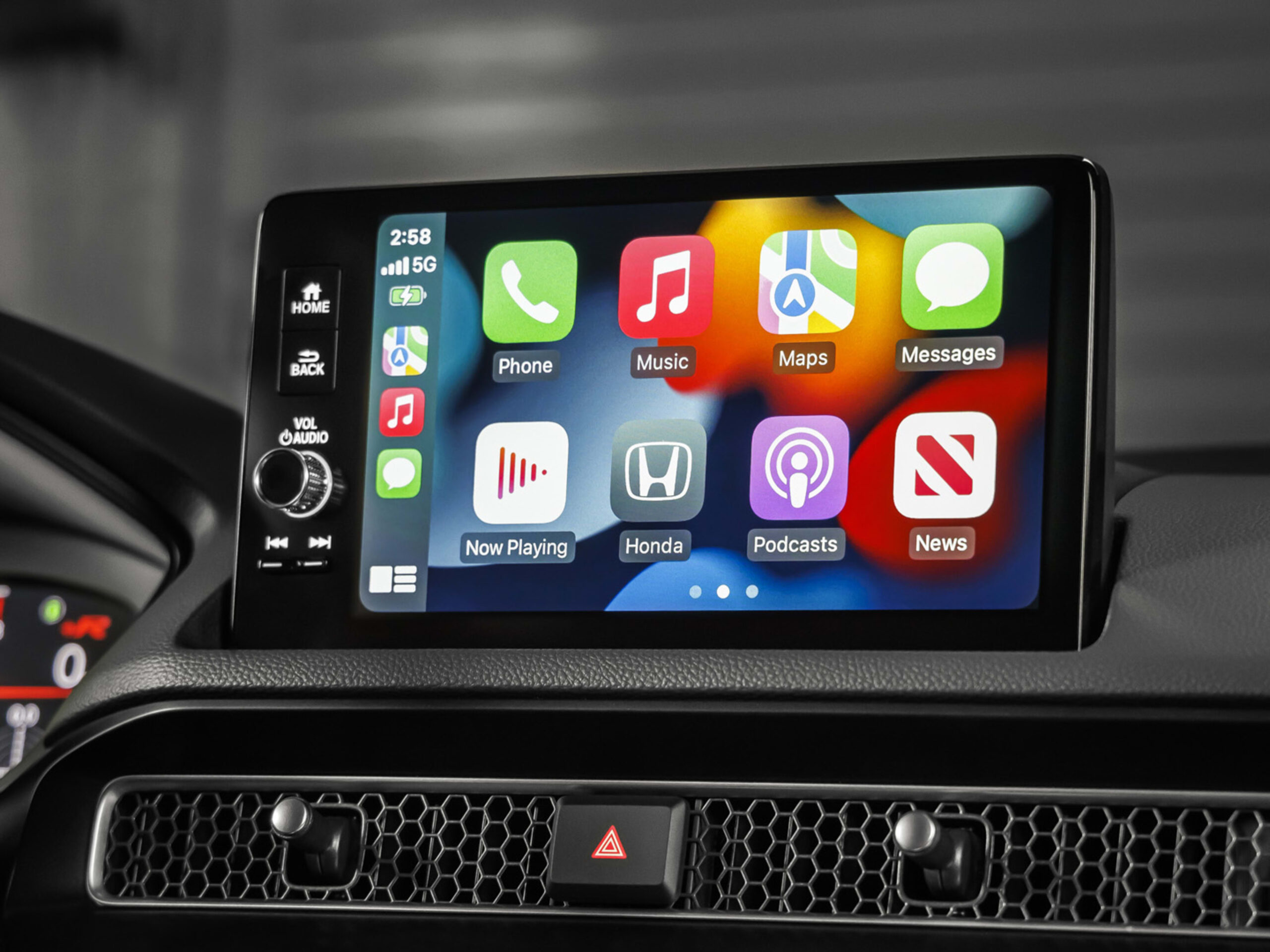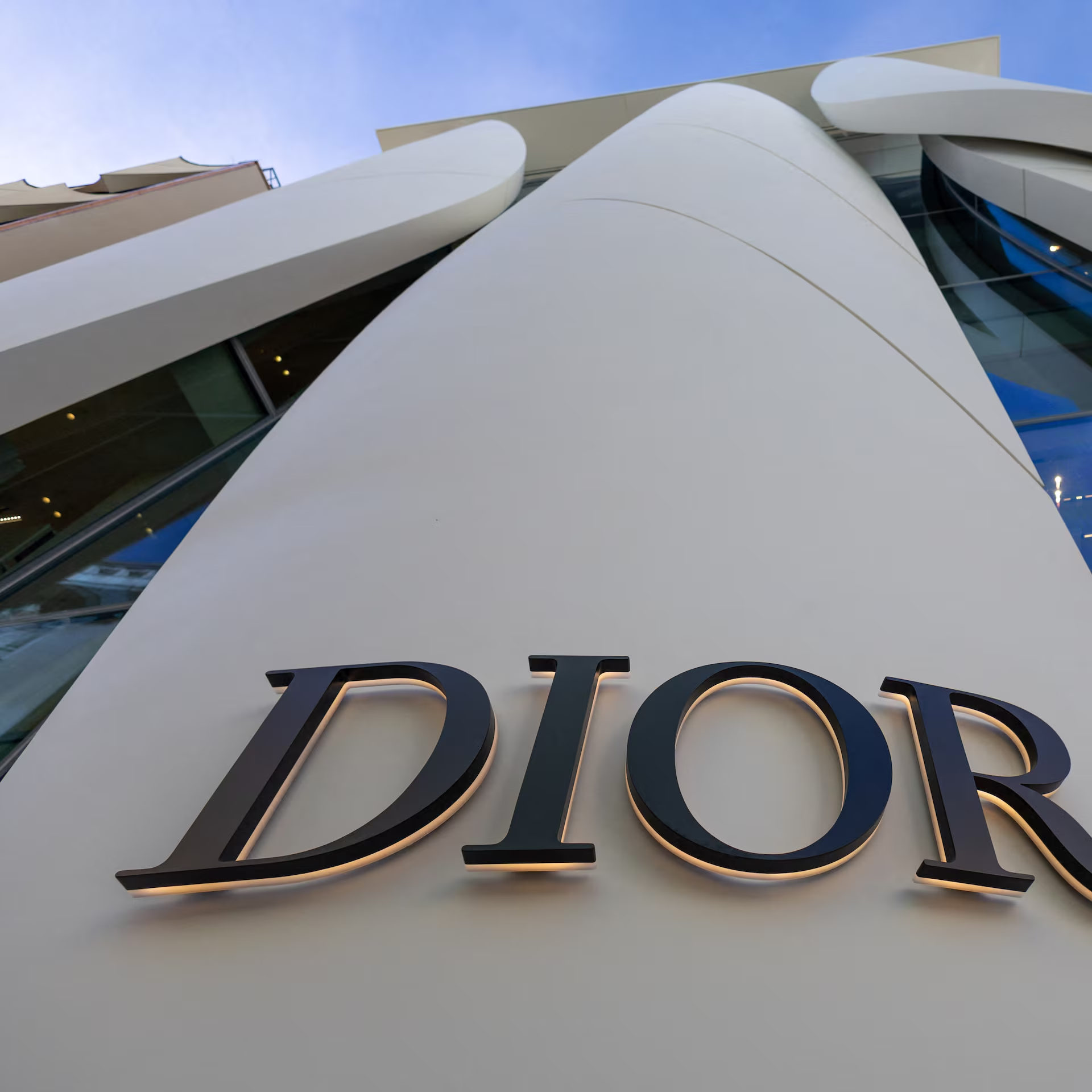Apple’s ambitions to take over the modern car dashboard are facing a tough road ahead. Its next-generation in-car software, CarPlay Ultra, which was positioned as a deeper integration of the iPhone into vehicle systems, has been met with firm resistance from several major automakers.
Luxury Brands Walk Away
Despite being listed as future collaborators by Apple, Mercedes-Benz, Audi, Volvo, Polestar, and Renault have publicly stated that they will not implement CarPlay Ultra in their upcoming models. This marks a significant shift, especially given these brands had historically supported Apple’s standard CarPlay interface.
Apple launched CarPlay Ultra in May 2025, with its first real-world implementation debuting inside Aston Martin vehicles — ultra-premium cars starting at $200,000. The updated system goes beyond media and navigation, allowing control of core functions such as climate, seat settings, and even instrument clusters, essentially wrapping the entire driving experience in Apple’s UI.
But that level of control appears to be a key concern.
Automakers Want Control—And Revenue
The pushback isn’t about the tech. It’s about ownership of the interface — and the data.
As automakers increasingly look to monetize dashboard experiences through in-car subscriptions and software upgrades, they’re wary of handing that opportunity over to Apple. Renault reportedly told the tech giant: “Don’t try to invade our systems.” Mercedes-Benz had quietly withdrawn months earlier.
McKinsey & Co. partner Simon Middleton contextualized the standoff, noting, “In a market where car sales are plateauing, automakers—especially in the luxury segment—are looking to differentiate through digital services. Surrendering that layer to Apple is not a viable long-term play.”
Where Does CarPlay Go From Here?
Apple had stated that CarPlay Ultra would expand beyond Aston Martin, naming Hyundai, Kia, and Genesis as future adopters. However, most automakers surveyed by industry observers have given ambiguous answers or declined to commit.
Several major names—BMW, Toyota, Ford, and GM—have either remained silent or pulled back. General Motors, in fact, has already announced it will phase out CarPlay entirely in its EVs, citing the need to retain ecosystem control.
Tech-forward players like Tesla and Rivian have never adopted CarPlay in any form.
Standard CarPlay: Still the Norm
This doesn’t mean Apple is losing ground across the board. The standard version of CarPlay—available in over 600 vehicle models globally—remains an industry staple. Apple claims that 98% of new cars sold in the U.S. today include CarPlay support.
The real issue is that CarPlay Ultra represents a strategic leap, not just a technical upgrade. It’s a bid by Apple to become the OS of the car—a step automakers are clearly not ready to take.
A Strategic Stand, Not a Tech Snub
Notably, the brands rejecting CarPlay Ultra have had years of collaboration with Apple. Mercedes-Benz, Audi, and Volvo began integrating CarPlay as early as 2016. Their recent decisions aren’t about compatibility; they’re about business models and ecosystem sovereignty.
As the auto industry pivots toward connected experiences, data control, revenue streams, and brand experience are top priorities. For now, it seems that most manufacturers prefer to partner on Apple’s terms for infotainment, but draw the line at full dashboard dominance.
What’s Next?
Apple’s push into the car continues—but the road to deeper integration is proving bumpier than expected. For CarPlay Ultra to truly scale, Apple may need to reconsider how much control it’s willing to give back.
365247 Media | Strategy. Tech. Power Moves.
Stay updated with the business behind the world’s biggest brands.


